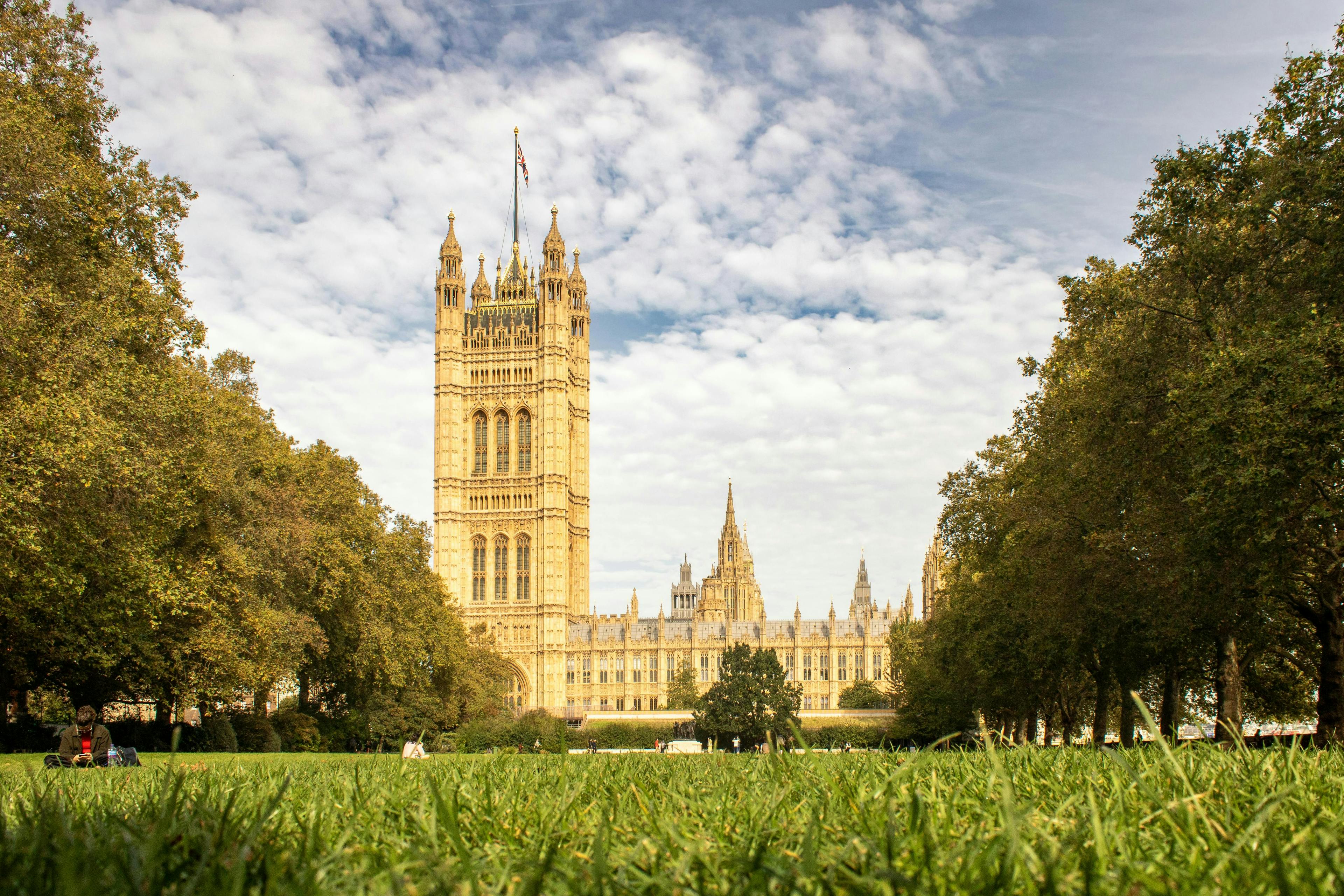Flexibility of Conventions

Jeffrey Marshall clearly shared his view of the main role of conventions, noting that Jennings' main intention was to influence government accountability in relation to political reality rather than legal form.1
While conventions can operate without formally changing the law, it is argued that this does not necessarily make conventions more flexible than the law.2 Rules embodied by conventions are essentially normative, and since their main purpose is to regulate political behaviour, a certain degree of rigidity is needed.3 There are many conventions in the UK that have remained almost unchanged under the Constitution for centuries. For example, Her Majesty remains an unelected head of state with considerable and extensive powers in a legal sense.
However, the excessive flexibility of conventions ultimately risks undermining autonomy, contrary to the goal of the rule of law.4 Although conventions are used to bridge the gap between legal form and political reality, it has been suggested that the process of establishing them is neither quick nor easy, making it more practical to reform laws to better reflect political reality.
The orthodox view of conventions is that they can develop over time through practice or be deliberately declared.5 For this reason, C.J.G. Samford argues that although principles often do not play a role in the emergence of "evolved conventions," they can further strengthen practice by providing subsequent justifications for adherence.6
References
- G. Marshall, Constitutional Conventions: The Rules and Forms of Political Accountability (Oxford: Clarendon Press, 1984), p.18
- Phillips and Jackson, O. Hood Phillips’ Constitutional and Administrative Law (1987), p.119
- Robert Brett Taylor, “Foundational and regulatory conventions: exploring the constitutional significance of Britain’s dependency upon conventions” (2015) Public Law 614-632 https://uk.practicallaw.thomsonreuters.com/Document/I3A36A2305C5611E58916B963212E7CCD accessed 15 December 2022
- A. McHarg, “Reforming the United Kingdom Constitution: Law, Convention, Soft Law” (2008) 71(6) Modern Law Review 853, 856
- Sampford, “Recognise and Declare: An Australian Experiment in Codifying Conventions” (1987) 7 Oxford Journal of Legal Studies 369, 411
- M. Elliott, “Parliamentary sovereignty and new constitutional order: legislative freedom, political reality and convention” (2002) 22(3) Legal Studies 340